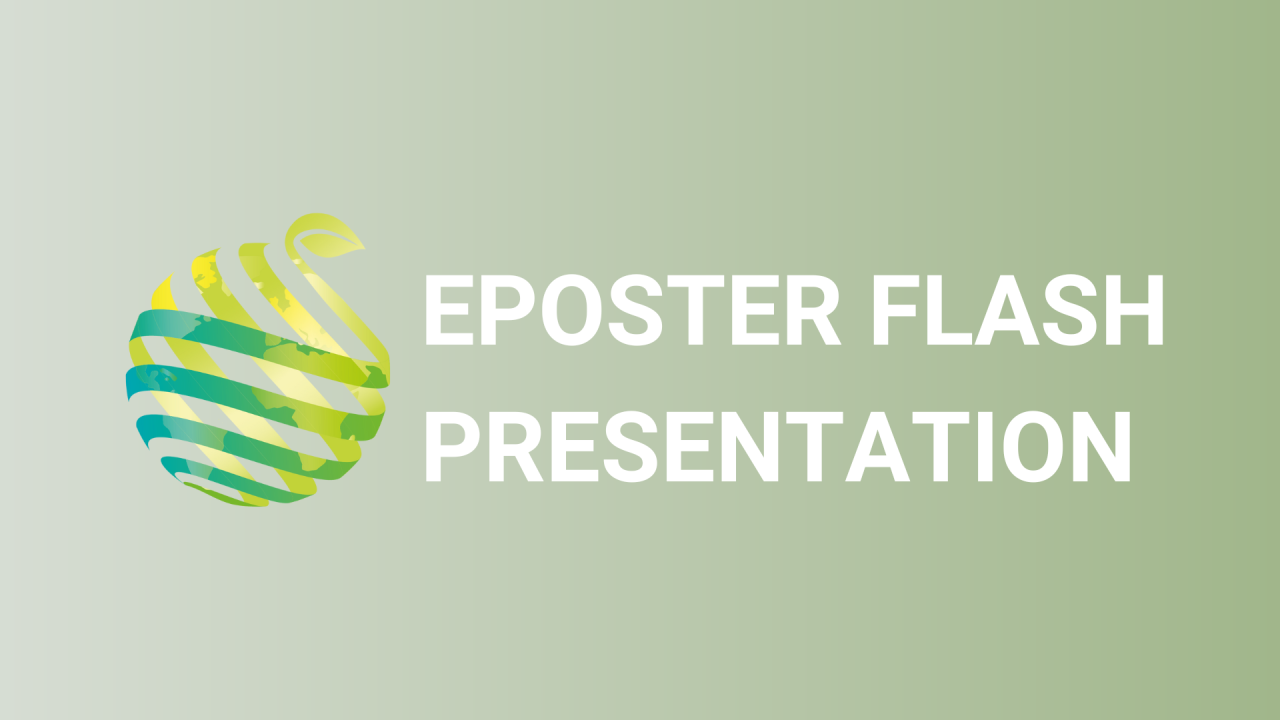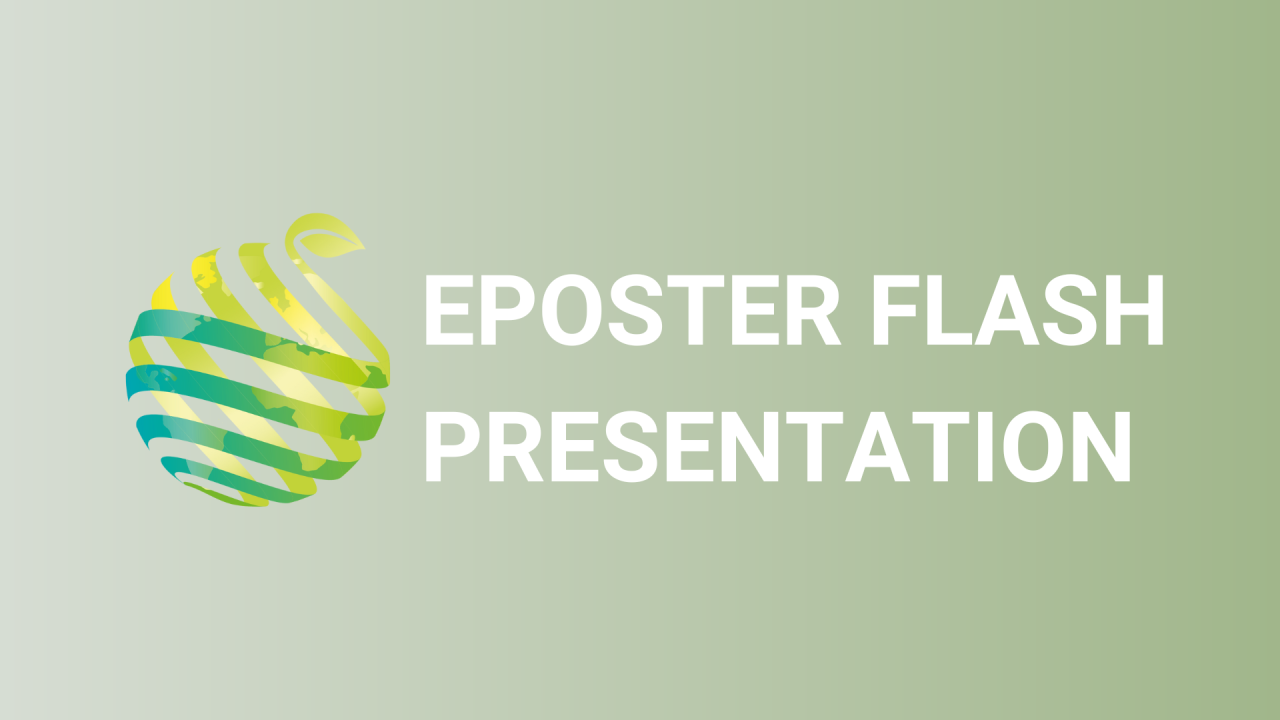

S15 - Session P4 - Price as a political construct: institutionalization trajectories and valorization of agroecology in Kenya
Information
Authors: Laurent Parrot *, Aude Sany
Environmental degradation and societal sensitization in favor of environmental protection, challenge the agricultural production processes. Stringent norms and standards concern both environmental, sanitary, and societal issues. They act both as barriers to entry to newcomers into markets, innovation incentives, and business opportunities. Norms and standards can either exclude players from the market, or contribute to higher values and a better distribution of the added value among the economic agents. In this paper, we state a reminder that institutionalization and valorization, i.e., politics and economics, are the main drivers for change, and that one can hardly be sustainable over time without including the other. We will show that institutionalization of agroecology, i.e, the process of developing or transforming rules and procedures that influence a set of human interactions, must go hand to hand with valorization, i.e., to enhance or try to enhance the price, value, or status by organized and governmental action. We will use the case study of Kenya and the development of agroecology in the country since its independence. We will first provide the historical background of the agricultural development of the country : the colonial legacy, the socialism of the seventies, the impact of the liberalization era with the Washington consensus, and the recent emergence of agroecology. In a second section we will describe the main drivers of the institutionalization of agroecology in the country. We will illustrate how agroecology struggles with the still prevalent dominance of conventional agriculture. In a third section, we will show how institutionalization and valorization need to interact in order to provide the proper political and economic incentives for environmental-friendly innovation adoption. In conclusion, price incentives drive change and public policies drive economic policies. Both concepts should be considered altogether for a responsible and sustainable agroecology.